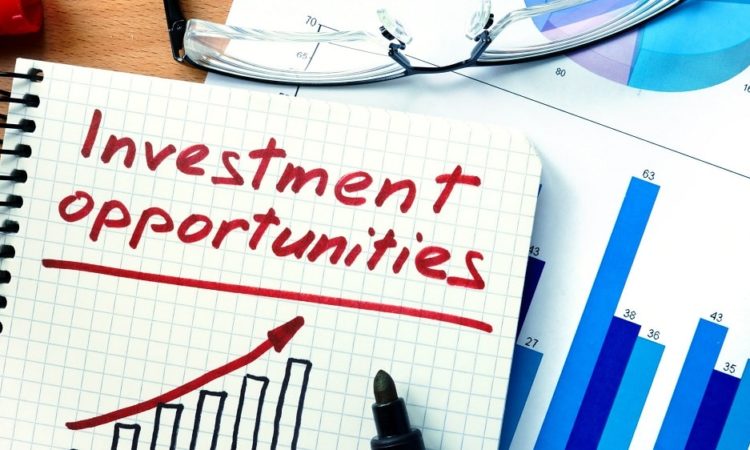Seasoned investors and novices alike know that the risks involved with investment come partly from the largely unpredictable nature of interest rates and bond prices. While using a strategy based on trying to exploit these fluctuations will often prove fruitless, you may still be curious about the effect of increased interest rates on equities.
Share prices tend to rise and fall with changes in interest rates, and the movement depends on both the future cash flows to investors and the discount rates applied to these cash flows. When interest rates rise, discount rates may rise too, causing the share price to fall. But this isn’t always the case – sometimes expectations about future cash flows generated by holding a stock also change when the interest rates adjust.
Discount Rates and Interest Rates
The link between the discount rate and the interest rate is very strong. If, for example, you had £100, you could put it in a bank account and earn interest on it over the coming year. If the interest rate was 10%, you would expect to receive £110 in a year’s time. If, however, the interest rate is 0%, you would expect a much lower amount at the end of a 12-month period. Perhaps £102 would be satisfactory.
Now let’s take the opposing view: you want to have £110 in three years’ time, so how much would you need to set aside today? Again, interest rates are a key factor in this as they determine whether you set aside £100 (a high interest rate) or, say, £108.
In relation to businesses, the share price relates both to the value of a business and the discount rate. Assuming the value of Company A in 2025 remains static, a reduction in the discount rates triggered by a reduction of interest rates would still impact its share prices.
If Company A is seen as worth £110 in 2025, today’s share price would depend on the interest rate. If this was high, today’s share price might be £100. If it was low, a share might be £108.
The Impact of the Financial Crisis
The financial crisis caused interest rates to lower globally, meaning ‘today’ share prices have seen all-time highs. This has had long-lasting effects, with the Bank of England only just beginning to suggest that rates might increase soon.
This long-lasting low will likely have two effects when interest rates start to rise. The first is that the market will need to adjust to the new rates; the second is that in adjusting to them, there will likely be some overreaction in certain areas, meaning opportunities will be created for savvy investors.
Making Investments
Now as much as ever it’s important to ensure your investment portfolio and assets are properly protected. Turning to an accountancy firm such as Charter Tax, a Chartered Accountant in Tunbridge Wells, is a prudent way to do this and ensure both domestic and overseas assets continue to provide the best possible value.





